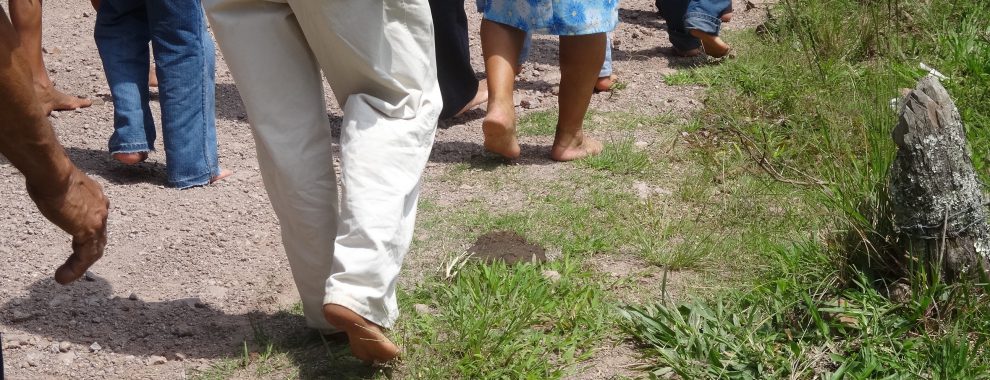Love your enemies.
Jesus
A day after the killing of almost 50 in mosques in New Zealand by a white terrorist, fifty- one years after the massacre of almost 350 civilians in My Lai, South Vietnam, by US troops, today’s Gospel reading (Mathew 5: 43-48) ought to challenge us.
How can we live as people of peace if we do not love even our enemies, as God showers rain and love on all of us?
The perfection of God is in love – and so we can be perfect as our heavenly Father is perfect, merciful as God is, if we too love our enemies and do good to them.
Perhaps the best commentary on this text comes from a poem by the Vietnamese Buddhist spiritual master and advocate for his people, Thich Nhat Hanh. The poem, “Condemnation,” was written before the My Lai massacre in 1968. The full text can be found here, but here are several verses which, in my mind, reflect the call of Jesus to love even those who hate us and do us harm. They are also a call to live that love in concrete.
Listen to this:
yesterday six Vietcong came through my village.
Because of this my village was bombed — completely destroyed.
Every soul was killed.
…
Here in the presence of the undisturbed stars,
in the invisible presence of all the people still alive on earth,
let me raise my voice to denounce this filthy war,
this murder of brothers by brothers!
I have question: Who pushed us into this killing of one another?
Whoever is listening, be my witness!
I cannot accept this war.
I never could, I never shall.
I must say this a thousand times before I am killed.
…
Men cannot be our enemies — even men called ‘Vietcong!’
If we kill men, what brothers will we have left?
With whom shall we live then?
The final words are at the heart of the love of enemies:
If we kill our sisters and brothers, with whom shall we live?
I wonder if we citizens of the United States must ponder these words of Jesus even more seriously. Have we exported violence – not just by the killings in Viet Nam and other places throughout the world, not just by exporting arms to dictators in the Mid East and in the Americas, but by exporting hatred of the other, the stranger, the enemy?

Sculpture at Coventry Cathedral






